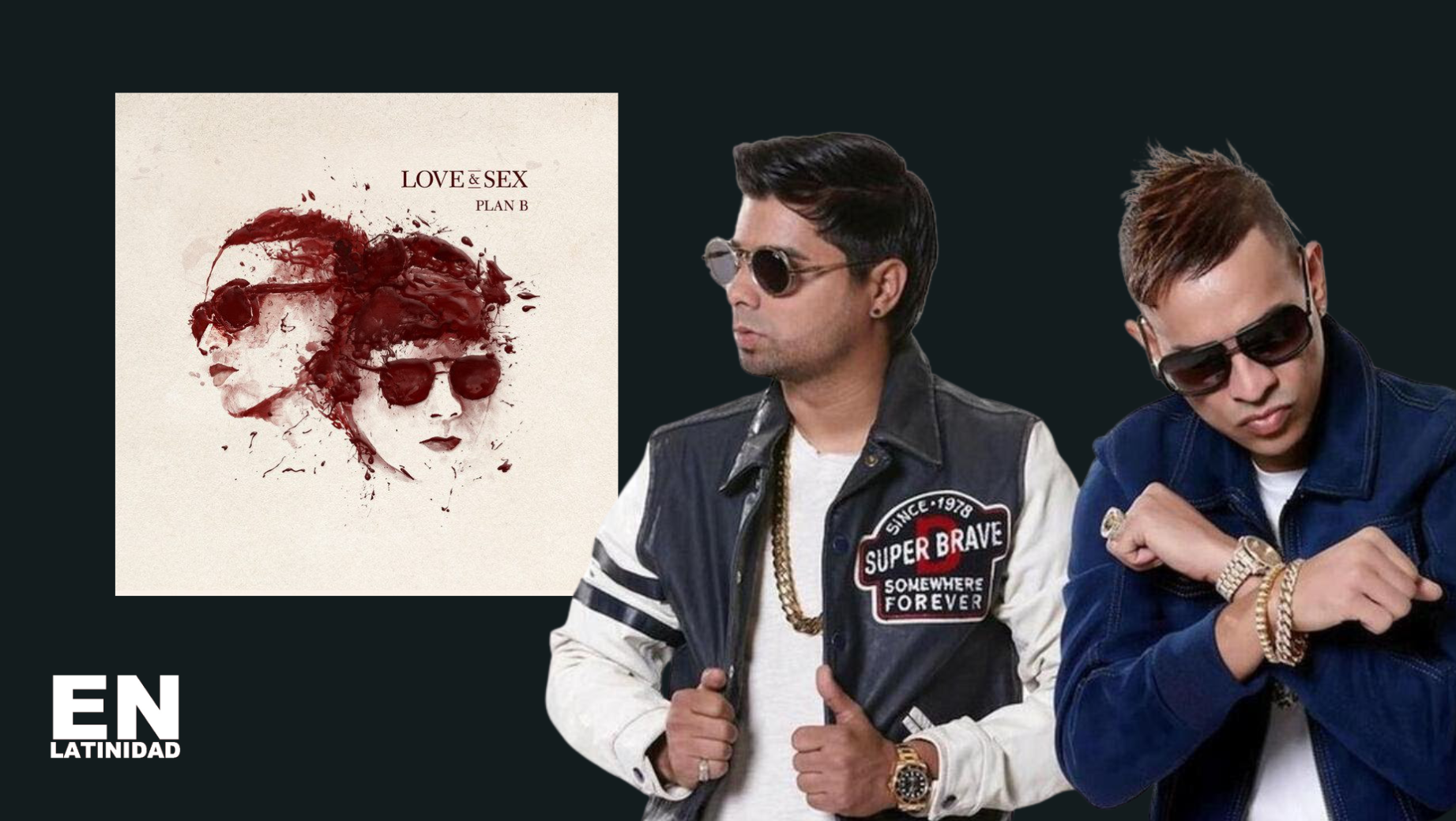Plan B’s Love and Sex: A Retroactive Tribute to Reggaetón’s Most Sex-Positive Duo
Before perreo was polished and chart-topping, before reggaetón grew teeth for pop radio and romantic ballads overtook the genre’s primal core, there was Plan B—the cousin duo from Guayama, Puerto Rico who proudly made music for grown folks who didn’t apologize for wanting, sweating, and seducing through sound. With their 2014 album Love and Sex, Chencho Corleone and Maldy (a.k.a. Maldy “Society”) offered not just a project, but a manifesto: reggaetón is for adults, lust is not a sin, and there’s no shame in grinding your hips to lyrics that feel like they were written in the back of a club.
Ten years later, Love and Sex still slaps—and sounds even more ahead of its time. Released during a pivotal moment when reggaetón was pivoting toward mainstream digestibility, Plan B refused to tone it down. While the genre leaned romantic or inspirational, they doubled down on what they were known for: sex, sweat, and streetwise swagger. Tracks like “Candy,” “Fanática Sensual,” and “Mi Vecinita” weren’t just hits—they were declarations of unapologetic desire, set to some of the cleanest dembow percussion and melodic hooks of the era.
What made Love and Sex so special wasn’t just its explicit themes, but the chemistry between Chencho’s high-pitched, melodic delivery and Maldy’s gritty, hard-edged flow. Together, they struck a balance between naughty and nice, between sensual and savage. Their dynamic was rare—and irreplaceable. The album featured production from legends like Haze, Luny Tunes, and Tainy, with beats that layered classic perreo bounce with slick, radio-ready polish. Though not featured on this particular album, DJ Blass deserves mention as a foundational figure in their career, helping define Plan B’s early sound on El Mundo del Plan B: Los Que La Montan, the project that made them underground icons.
Coming up from Guayama, a town far from the urban hubs of San Juan, Plan B never let their more rural roots hold them back. Instead, they brought their barrio pride to every stage, mixing romantic street slang with Caribbean cadence. Their rise was fueled by mixtape culture, club play, and pure word of mouth—before playlists, before algorithms. Their music spread the old-fashioned way: by being so good, DJs had to run it back.
What’s most striking in hindsight is how confidently they branded themselves: “el dúo del sex.” In a conservative music industry that often rewarded “clean” narratives or poeticized love, Plan B leaned into raw desire. They didn’t just sing about sex—they made music for people who loved it, who missed it, who craved it, who weren’t afraid to admit it. They offered a musical safe space for adults to feel themselves without guilt. And that freedom? That audacity? It’s why they’re still dearly missed.
Though Chencho Corleone has gone on to major solo success—collaborating with Karol G, Bad Bunny, Rauw Alejandro and others—fans continue to ask: Will Plan B get back together? The answer remains elusive, but the longing speaks volumes. Their absence has left a void, not just musically, but culturally. In a time when reggaetón is more image-driven and polished than ever, the rawness, humor, and chemistry of Plan B feels nostalgic and necessary.
Plan B are not just throwback favorites. They are icons, legends, and pioneers who helped shape reggaetón’s most formative years. Love and Sex is more than an album—it’s a snapshot of a moment when two cousins from Guayama decided the world needed a little more heat, and they delivered it with rhythm, wit, and no apologies. Long live Plan B aka Chencho Y Maldy.





Leave a Reply
You must be logged in to post a comment.